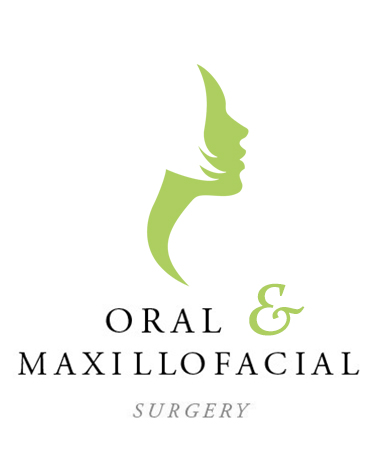Salivary Gland Surgery
There are a number of salivary glands in the mouth. The submandibular glands are a pair of glands that sit immediately below the lower jaw and saliva drains from them through a tube under the tongue, behind the lower front teeth.
The parotid gland is the largest salivary gland and the technical term for its removal is a parotidectomy. This may require removal because of infection, blockages or a tumour.

What does salivary gland surgery involve?
Under a general anaesthetic, Mr Yousefpour makes an incision just under the jawline to remove the submandibular gland. The incision is then stitched with sutures that will be removed approximately a week after surgery. A small tube may be placed in the wound to drain any blood or fluid that collects. You will usually stay overnight in hospital and the tube will be removed the next day.
The parotid gland has two separate lobes – the superficial lobe and deep lobe. The facial nerve that closes the eyes and moves lips and nose, separates the two lobes. If the tumour affecting the parotid gland is benign, usually only the superficial lobe needs removal. If the benign tumour is positioned very deep or the tumour is cancerous, both lobes may need to be removed.
Are there any risks and complications ?
Generally, there is little swelling or discomfort after salivary gland surgery. Patients tend to take a week off work and normal activities to recover.
Other complications are relatively rare and include bleeding and infection. There may be some damage to the nerves during surgery but that should be temporary. This may cause a slight weakness in the lower lip, numbness or restriction of movement of the tongue. The glands that control sweating can sometimes be affected as well.
Although removal of the submandibular gland will affect the amount of saliva you produce, there are other salivary glands in the mouth area that will keep it moist.
Mr Yousefpour will monitor the facial nerve during a parotidectomy to avoid damaging it, although occasionally there may be temporary changes to the facial nerve that affect facial movement although they should recover over time.
What results can I expect from salivary gland surgery?
Being well informed about what to expect after surgery is key for a good recovery process. Facial surgery is always daunting, but the scars from salivary gland surgery usually heal very well and are difficult to see when healed as they are hidden in the contours of the face.
